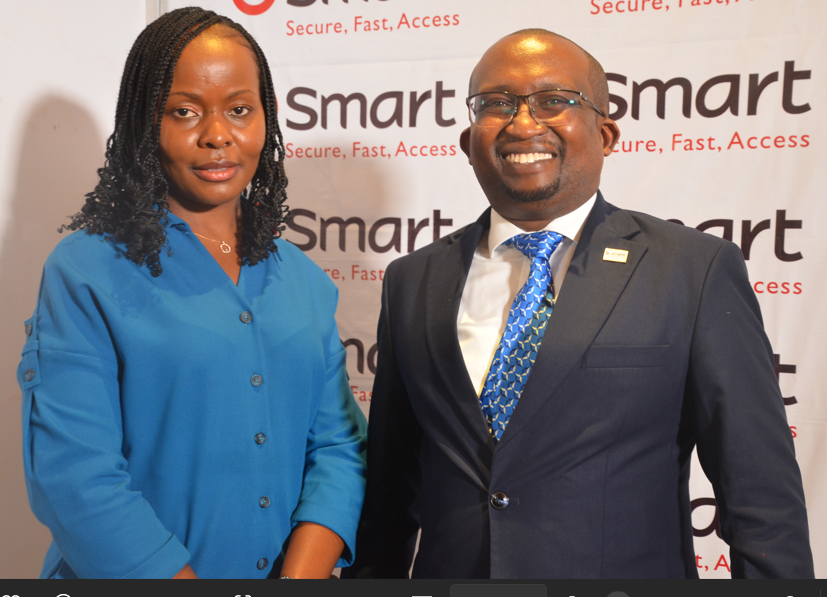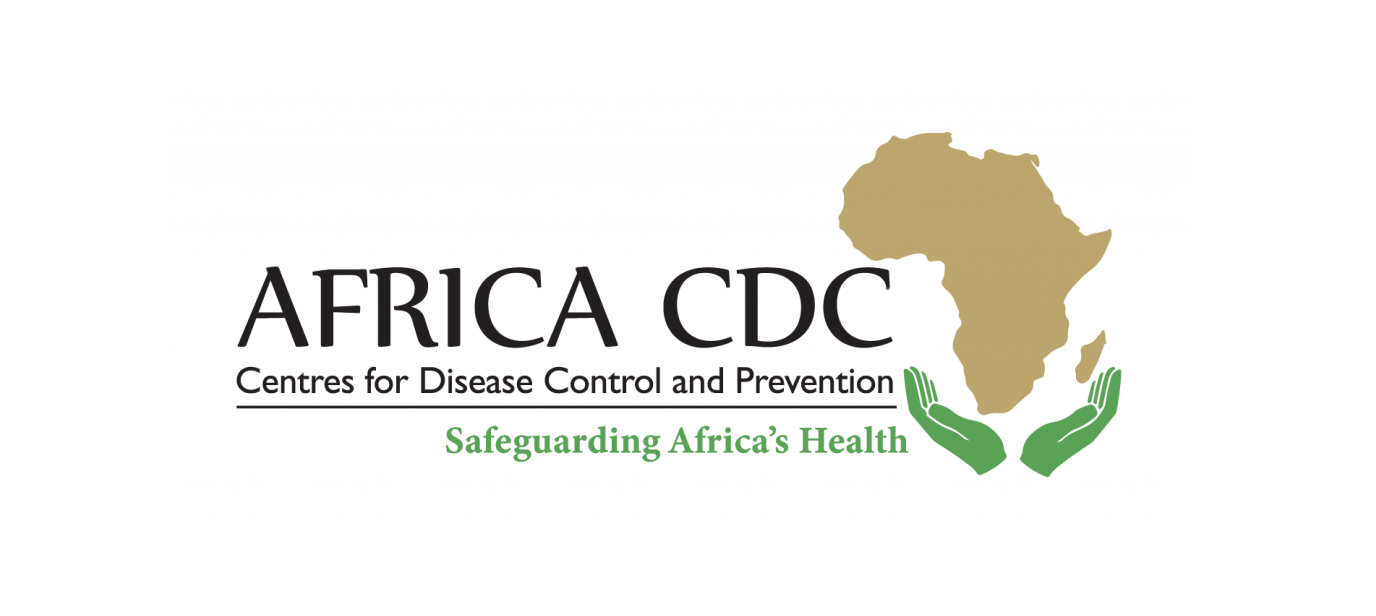Tech company Smart Applications International (Smart) unveiled its cutting-edge digital system earlier this month to improve healthcare services and streamline patient operations.
Kenya-based Smart Applications International, commonly known as Smart, operates primarily from its headquarters in Nairobi. Established over two decades ago, the company has emerged as a prominent ISO-certified ICT provider, serving 12 African nations and connecting with over 8,000 healthcare providers.
Smart specialises in delivering innovative technological solutions that enhance operational efficiency and improve healthcare access across the continent.
Read also: UAC Nigeria unveils 1879 Tech Hub to drive digital innovation in African businesses
The firm is dedicated to transforming healthcare delivery through innovative digital solutions, significantly improving access to quality healthcare for patients, providers, and insurers alike.
Empowering healthcare access
The recent event in Nairobi, ‘Empowering Healthcare Access Through Patient-Centered Care,’ aimed to unite healthcare providers and industry leaders to advance transformative delivery methods and address challenges within Kenya’s healthcare sector.
Commitment to collaboration
Group Managing Director Harrison Muiru highlighted the importance of partnerships in healthcare transformation. He stated, “We celebrate not only our shared successes but also the partnerships that continue to shape the future of healthcare in Kenya.” Muiru called for deeper collaboration among stakeholders to enhance patient-centred care across the region.
Read also: Kwara government unveils plans to boost youth innovation, tech startups
Innovative solutions for healthcare challenges
Esther Macharia, Head of Hospital Operations, expressed gratitude for the participation of over 250 healthcare facilities utilising Smart’s solutions. She noted that technology is crucial in improving customer service and operational efficiency.
Macharia showcased innovations like MediSmart, adopted by over 5,000 facilities, and SmartHealth+, which enhances hospital management through workflow automation. These advancements support 18,460 patient visits daily, reflecting significant improvements in healthcare accessibility and outcomes.

